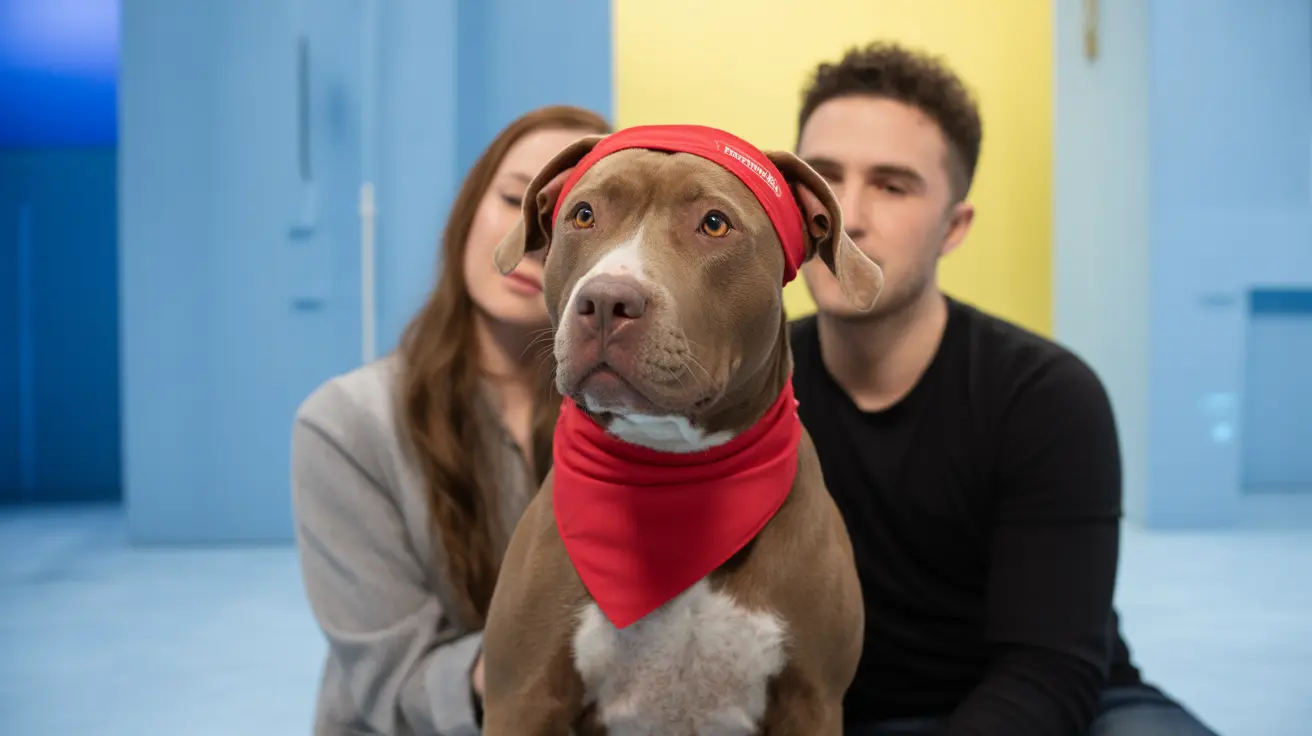Are Cane Corsos Hypoallergenic? Everything You Need to Know
Choosing a dog when you suffer from allergies can be a difficult process, often involving rigorous research to identify breeds that are less likely to trigger allergic reactions. Cane Corsos, revered for their guarding abilities and strong, loyal demeanor, often come up in discussions about large breed dogs—but are they suitable for allergy sufferers?
Understanding Hypoallergenic Dogs
The term hypoallergenic refers to animals that are less likely to cause an allergic reaction. While no dog is 100% hypoallergenic, some breeds are known to produce fewer allergens—primarily protein found in their skin dander, saliva, and urine—and shed less hair, thereby reducing exposure to these proteins.
Why Cane Corsos Are Not Hypoallergenic
Cane Corsos are not considered hypoallergenic. They have a short, dense double coat that sheds seasonally, particularly in spring and fall. This shedding results in the release of pet dander and hair into the environment—two major sources of allergens for sensitive individuals.
Allergen Production in Cane Corsos
- Dander: Skin particles that are naturally shed by dogs and can cause allergic reactions.
- Saliva: Contains proteins that can cause allergic reactions; dogs frequently lick their fur, spreading proteins to their coats.
- Shedding: When Cane Corsos shed, allergens spread throughout the home, sticking to furniture, carpets, and clothing.
Due to these biological behaviors, people with allergies may experience symptoms such as sneezing, watery eyes, or even asthma flare-ups living with a Cane Corso.
Hypoallergenic Alternatives to Cane Corsos
If you admire large dogs but want to minimize allergic reactions, there are several breeds better suited for allergy sufferers. Here are some excellent large-breed hypoallergenic and low-shedding options:
- Standard Poodle: Curly coat traps dander, and minimal shedding makes them a top choice for allergy sufferers.
- Giant Schnauzer: Dense wiry coat that sheds little and can be maintained with proper grooming.
- Portuguese Water Dog: Curly coat, low shedding, and energetic personality make them ideal for active, allergy-sensitive households.
- Barbet: Curly, water-resistant coat that sheds minimally when well maintained.
- Black Russian Terrier: Thick double coat that can be managed with regular grooming to minimize shedding and dander.
Managing Allergy Exposure with a Cane Corso
If you're set on owning a Cane Corso despite allergies, several practices can help reduce exposure to allergens:
- Frequent Grooming: Brush your dog outdoors regularly to remove loose hair and dander.
- Bathing: A weekly bath with hypoallergenic dog shampoo can significantly reduce allergens.
- Air Filtration: Use HEPA air purifiers in common areas to capture airborne allergens.
- Restricted Areas: Keep your bedroom and other personal spaces pet-free to create allergen-free zones.
- Cleaning: Vacuum and mop floors regularly; use upholstery-friendly tools to remove dog hair from furniture.
Other Considerations When Choosing a Breed
Whether you choose a hypoallergenic dog or a more allergenic breed like the Cane Corso, it’s important to:
- Visit a breed before committing to gauge your personal reaction.
- Talk with allergists or medical professionals about symptom management options.
- Choose a breed that matches your energy level, lifestyle, and space requirements.
- Accept that all dogs produce some allergens—managing exposure is just as vital as breed selection.
Conclusion
While Cane Corsos are not hypoallergenic, they are magnificent dogs for the right owners—those who value loyalty, intelligence, and physical presence. However, for individuals with moderate to severe dog allergies, they may not be a suitable choice. Instead, consider large hypoallergenic breeds like the Standard Poodle or Portuguese Water Dog. Ultimately, selecting the right breed requires weighing health needs, lifestyle compatibility, and your ability to implement stringent grooming and hygiene regimens.





